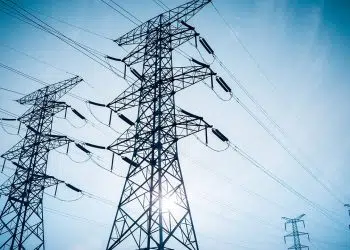Brussels – When it comes to energy, the EU faces considerable uncertainties. The only source the Old Continent is rich in is coal. Yet, it eliminated it even before the Green Deal, choosing to rely on oil and gas. As a result, It seems clear that “The issue of energy security will likely remain a long-term challenge for the EU.” Despite different efforts, announcements, and proclamations, first and foremost by EU Commission Chair Ursula von der Leyen, “it is hard to assert that the EU has a comprehensive energy security strategy.” The European Parliament’s Center for Studies and Research sets the record straight and takes stock in a working paper.
The starting point is the concept of energy security — or the availability of an adequate energy supply at a reasonable cost. Is the European Union, in this respect, really secure? No, since it depends on foreign countries, and even “a partial supply disruption can have severe consequences” for the national economy and, by extension, the EU.
So far, the EU has been busy proving its resolve. In the second quarter of 2024, the 27 member states collectively reduced Russian coal imports to zero, bought only 1 percent of Russian oil, and just 18 percent of gas pumped by Gazprom. The results underscore the firmness and determination not to finance the Kremlin’s war machine. However, European Parliament analysts note that “solving the issue of Russian energy import dependence will not resolve the EU’s energy security issues.”
The EU now mainly turns to the United States, Norway, and Saudi Arabia for oil, Algeria and Norway for natural gas (and to a small extent Russia), and the United States, Azerbaijan, Norway, and North Africa for liquefied natural gas (LNG). A diversification strategy that exposes the EU less to blackmail from a single supplier but does not shield it from risk.
There is a need for a European reinforcement. “Scope remains for stronger coordination between Member States and legislative intervention to complete the
framework,” the European Parliament experts suggest. It means reforms and investments, completing the single energy market comprising networks, interconnections, storage, and shared resource management.
Lacking the resources and with a green and sustainable transition that is not without geopolitics risks, there is still work to be done, whatever the European political class says. “Significant challenges remain on the road towards a fully-fledged EU energy security strategy.”


![Un container di gas. Già nel 2015 si avvertiva nell'UE la necessità di stoccarlo [foto: Wikimedia Commons]](https://www.eunews.it/wp-content/uploads/2022/08/Gasholder.jpg.webp)




